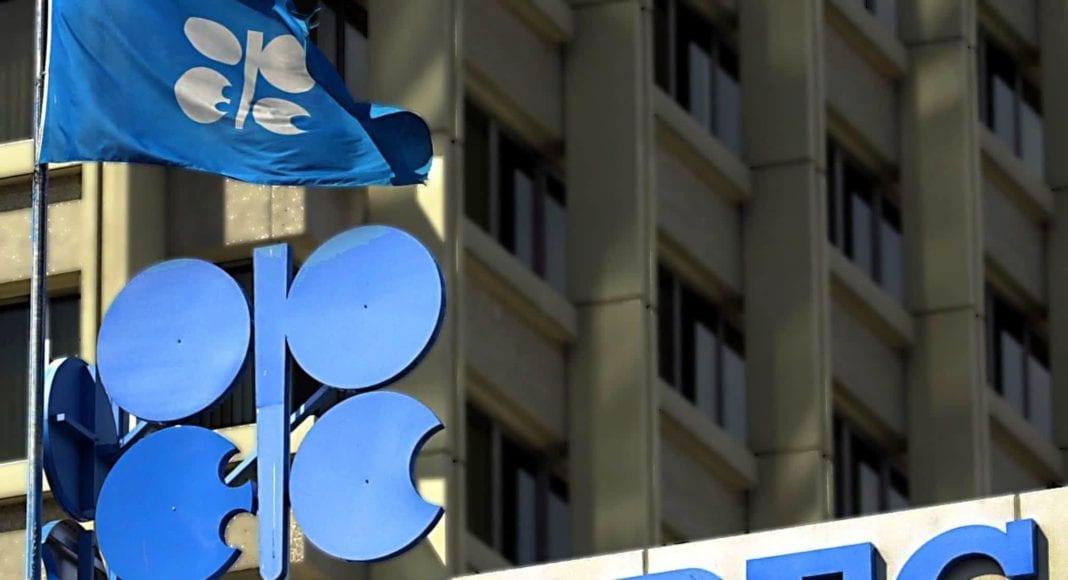Oil price jumps have led to a recent public spat between the International Energy Agency (IEA) and oil group Organisation of Petroleum Exporting Countries (OPEC).
OPEC lashed out at IEA after its Executive Director Fatih Birol in a Bloomberg interview said it should be “very careful” with its production policy, warning that its short-term and medium-term interests seem to be clashing. Birol said that higher crude prices and upward inflationary pressures can lead to a weaker global economy, with low-income nations in the direct line of fire.
In a scathing response, OPEC argued that “finger-pointing and misrepresenting OPEC and OPEC+ actions is counterproductive,” adding that blaming oil for inflation was erroneous and technically incorrect.
“If anything will lead to future volatility, it is the IEA’s repeated calls to stop investing in oil, knowing that all data-driven outlooks envisage the need for more of this precious commodity to fuel global economic growth and prosperity in the decades to come, especially in the developing world,” OPEC Secretary General Haitham Al Ghais said.
Ghais said on April 27 that there are other factors impacting the oil market, including monetary policies, stock movement, and geopolitics, to name a few.
What sparked the ire of the IEA was OPEC’s planned production cut of 1.2 million barrels of crude a day. Prices jumped after the announcement.
In its Short Term Energy Outlook, the EIA expects Brent to average at US$85.01 a barrel this year, 2.5% higher than the previous outlook. Brent prices in 2024 are revised to US$81.21 per barrel – 5% higher than before. With West Texas Intermediate (WTI) crude, expectations were raised by a similar amount.



